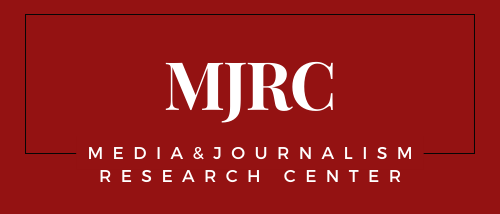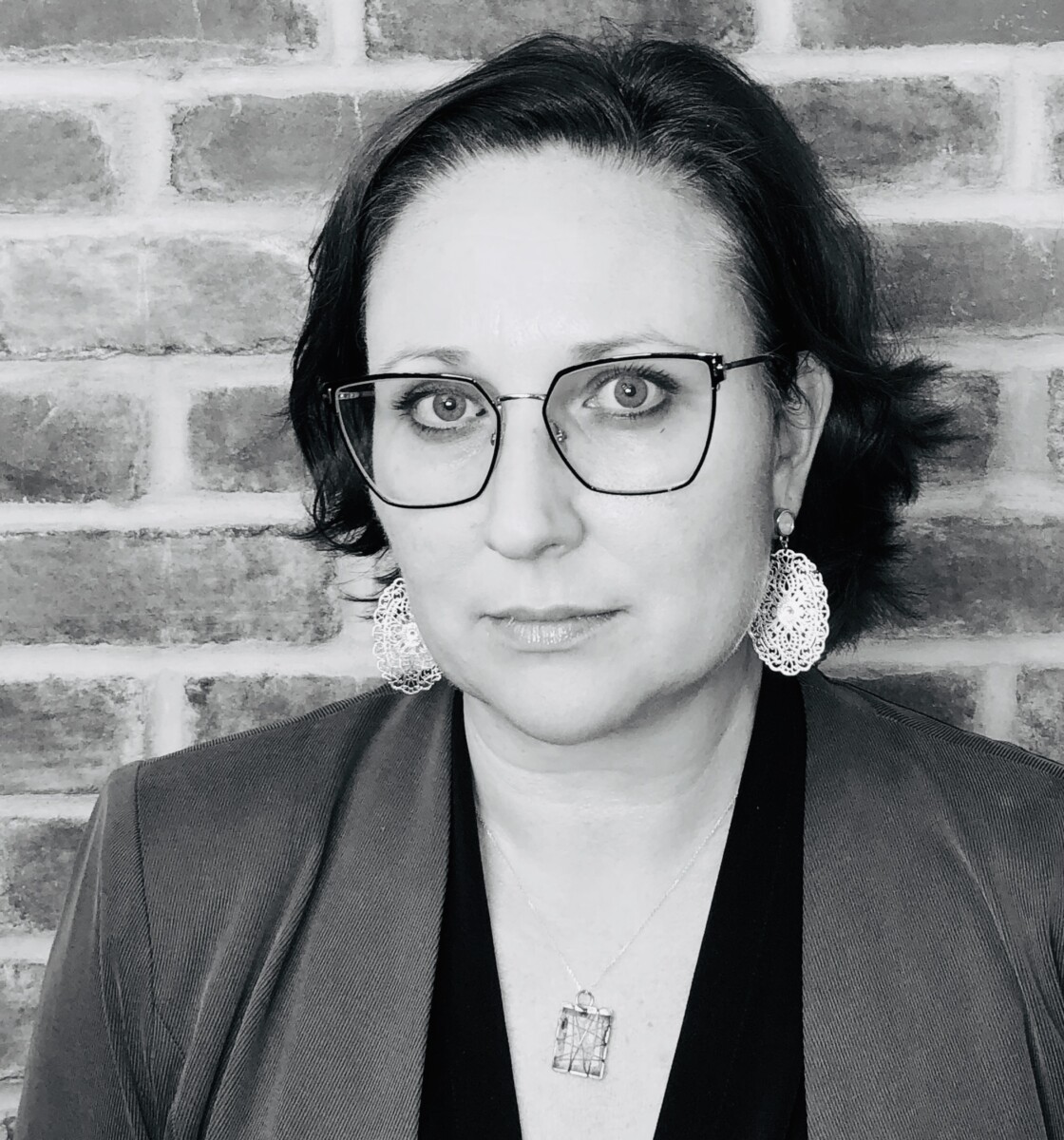Courtney Radsch
Dr. Courtney Radsch, a fellow at UCLA’s Institute for Technology, Law & Policy has joined Media and Journalism Research Center’s fellowship program. As a strategic advisor and global thought leader on the intersection of technology, media, and human rights, Dr. Radsch has a long experience as a journalist, scholar, and press freedom advocate. Throughout her work, which has a focus on the Global South and the power dynamics that shape digitally inflected information ecosystems, Dr. Radsch explores the complexity of how technology, media and policy interact from a feminist perspective rooted in empirical, ethnographic research and her experience as a journalist and a human rights advocate. She regularly publishes, provides commentary and analysis in top media outlets and participates in expert consultations with tech platforms and policymakers.
See below more information about Courtney’s project conducted as an MJRC fellow.
Dr Radsch’s research focuses on several aspects which are being explored in a variety of forms, such as forthcoming papers, research projects, and reports.
Regarding forthcoming papers, Dr. Radsch is exploring how technology policies impact the media industry and how the platformatization of journalism impacts freedom, independence and pluralism. These issues are a particular focus of her research because the work can shape current policy while helping strategically reframe how we think about their role in politics and geopolitics. A forthcoming paper on the risk of capture posed by various legal regulatory approaches will be published in the UCLA Journal of Law Technology. This will include comparative global regulatory initiatives aimed at making big tech pay for the news they use, their applicability in low-income and Majority World/Global South countries, and their susceptibility to capture. Another forthcoming paper on the weaponization of privacy and copyright laws will be published by the Center for International Governance Innovation (CIGI) and will discuss impacts of US/EU/Global North tech policy on independent media, with a focus on Global South media. A third paper will focus on platform capture, infrastructure capture, and how and why tech companies are funding news media and fact-checking, what this does to editorial independence, and the viability of different business models. The hypothesis is that platform spending is influenced by regulatory pressure and that this has shaped news priorities and resource allocation. This research also seeks to understand how this fits into the global picture of media development and sustainability, which have yet to grapple with the paradox of capacity building that ties news media ever more closely to platforms.
Dr. Radsch is leading a global research project called “Understanding and Responding to Global Emerging News Threats” (URGENT) (funded by Internews through a grant from the U.S. State Department) that is one of the deliverables for the Summit for Democracy and will provide recommendations about how the donor community should think about the transformation of media development based on empirical research into what journalists and independent media organizations say they need. The paper examines the needs of independent media and journalists when pressure is building in the countries where they work, when there is a fast pivot to worsening situation and crisis, and in exile. It draws on case studies from Afghanistan, Myanmar, and Ukraine and more than 80 interviews, a survey, and participant observation.
In terms of reports, Dr. Radsch intends to explore various dimensions of influence operations, disinformation, and online harassment. Her work will focus on state-aligned influence operations (SIOs) as well as economically motivated “moderation mercenaries” as she terms the multi-million dollar for-profit industry of PR, reputation management, and political consulting firms who sell their services as well as the fake news farms. This research explores the role that platform design; AI and machine learning play in the information ecosystem, and what solutions could look like that would also address safety, sustainability, and independence. Dr. Radsch developed a typology of online harassment, interventions, and their effectiveness in coordinated campaigns, and she is writing a journal article about what this means for impunity and the UN Plan of Action on Safety of Journalists, while continuing her exploration of how AI influences framing, agenda-setting, and journalist safety (gendered disinformation is also a distinct focus). She also published a report for OSCE, Artificial intelligence and disinformation – state-aligned information operations and the distortion of the public sphere . The report analyzes how information operations and online harassment leverage specific aspects of the AI systems that power social media to pursue a strategy of undermining, drowning out, and delegitimizing real news through coordinated efforts to silence critics and manipulate public opinion. It describes how AI influences the dynamics of these power struggles because of how data (or lack thereof) and signals are interpreted in the platform algorithms and machine-learning processes.
Other relevant aspects of Dr. Radsch’s research include meaningful transparency and data access and polycentrism and governance: content moderation, data, AI. The former is a core issue in all of her research. Dr Radsch is involved in the Coalition for Independent Technology Research as well as the Trust & Safety community and standards setting efforts on transparency at the SASB/ISSB, OECD, GIFCT, and WEF. This is also an area where information integrity is relevant and where platform policies influence news media and journalism. The latter includes Dr. Radsch’s work on the Global Internet Forum to Counter Terrorism (GIFCT), the Christchurch Call, GARM, and the like she has built on the idea of polycentric governance, which offers an analytical lens through which to examine how laws and regulations, practices and norms, and technology shape and influence governance of systems that are supranational and whose impacts have little to do with traditional notions of sovereignty.
Invest in independent media research and join a community of practice.
Your contribution supports MJRC’s investigations and global analysis. As a supporter, you can receive early access to new findings, invitations to small-group briefings, inclusion in our Supporters Circle updates, and the option to be listed on our Supporters Page.
Contribute to MJRC
